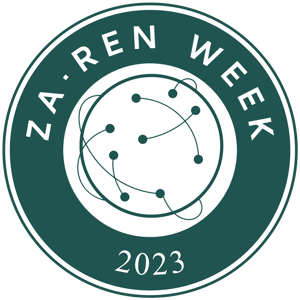Speaker
Description
Technology has greatly impacted teaching and learning, and research activities across universities. Academic libraries are not exempt from the changes technology has imposed on higher education generally. Aside from providing access to electronic resources, academic libraries have incorporated teaching critical evaluation of information skills to combat the deluge of unreliable information that is easily accessible via the internet. This presentation will touch briefly on how the intersection of information literacy principles and digital literacies principles address issues of generative artificial intelligence like ChatGPT in academia, and how this presents an opportunity for academic libraries to reinforce principles of critical thinking around information resources and information generation. This presentation will also discuss how academic libraries, through providing a central space on campus, is an ideal place for students to interact with technology and benefit from IT infrastructure on campus. In the case of Stellenbosch University Library, the library provides a unique space – a makerspace – where the university community has the opportunity to interact with different technologies like 3D printers, a 3D scanner, virtual reality, electronics and robotics. Through the academic library offering such spaces, disciplines outside of computer science and engineering focus areas have opportunity to explore technology for possible use in their disciplines. Examples of this are ancient studies (replicating artefacts for a more sensory teaching experience) and geography (making use of virtual reality for virtual site walkthroughs).

